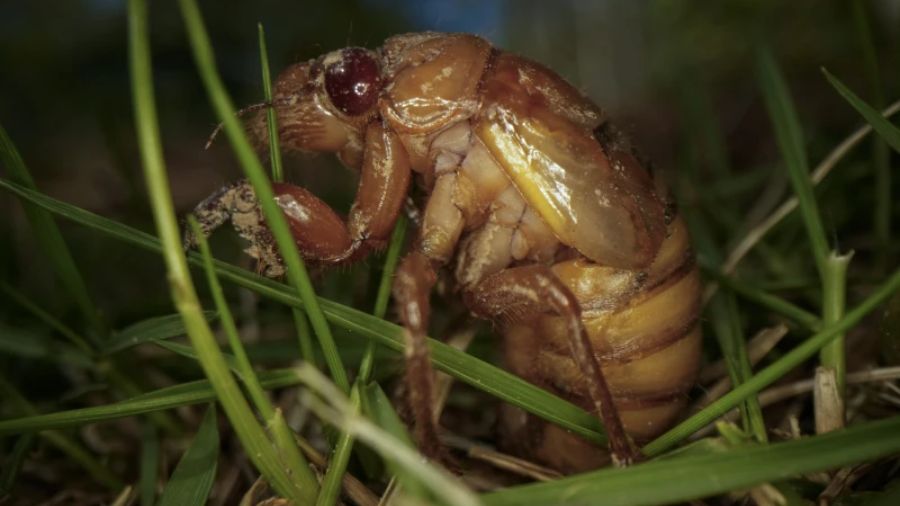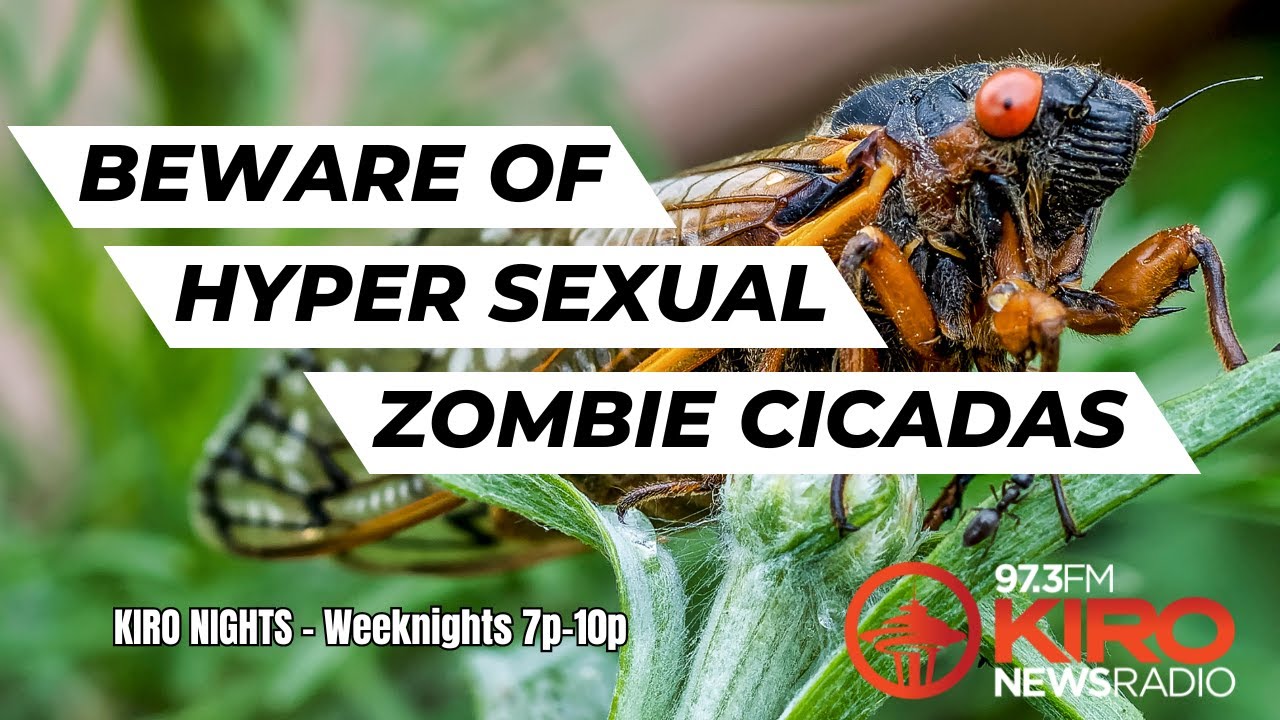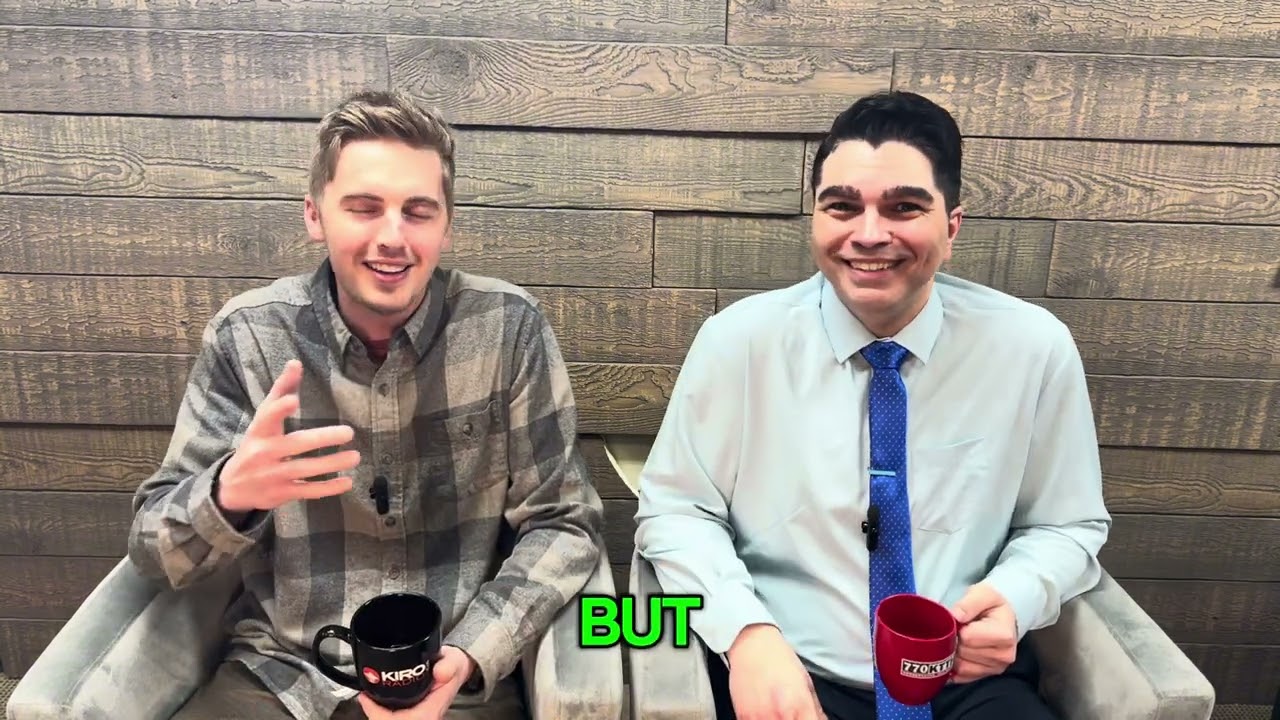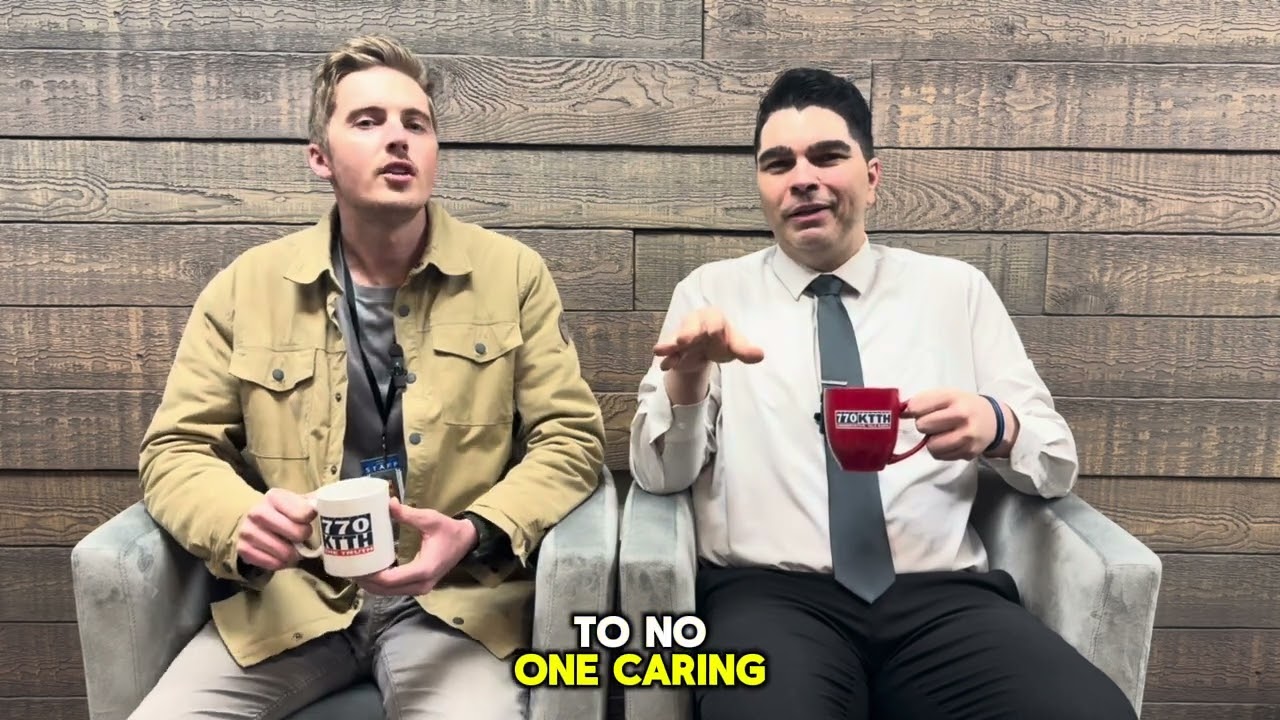‘Double down on efforts toward community’ to get through COVID-19
Apr 19, 2020, 7:51 AM | Updated: Apr 20, 2020, 6:00 am
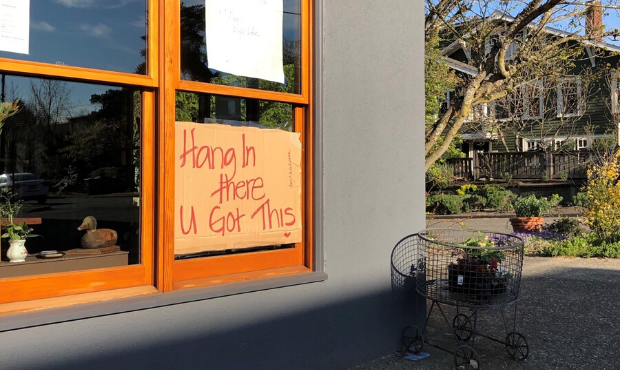
An encouraging sign for passersby spotted in the window of a restaurant in the Wallingford neighborhood of Seattle. (MyNorthwest photo)
(MyNorthwest photo)
Agustin Fuentes, professor of anthropology at Notre Dame, told KIRO Nights we are now in a very interesting place historically, as social connection has always been key to human life.
“Throughout human history, humans use … both social distancing and social connection to sort of navigate and create their own landscapes,” Fuentes said. “So this idea of pushing people away or pulling them together in order to make it through a challenge, that’s pretty common for human beings.”
UW study shows most are coping, adapting to new normal during crisis
In this crisis, everyone is going through it together, albeit with different situations. It’s a challenge for humans as we are “wired” to be social, to touch and be touched, to be close and talking, Fuentes explained. The lack of social connection can lead to neural, biological, and psychological issues.
“A lot of bad things happen when you isolate or enforce distance between people,” he said. “But at the same time, we have this incredible capacity to be social even at a distance.”
Evidence of this can be seen here in Seattle, across the country, and even across the world.
“The trick here is we can social distance as long as we keep the social as the center part and not the distance,” he said.
This “life in 2-D” that we’re all living, with more screen time and connection, does scratch the social itch, but it doesn’t totally get rid of it.
“Think of it as a bridge,” Fuentes said. “Think of this sort of intensive screen time as a connection between before and what we’re going to create in the future in a post-covid landscape, which is not going to be the same as before. But this screen time, this continued social connectivity via social media and video chats and all this kind of stuff, that’s going to get us over the hump so that we don’t lose the social and that when we can get back together, we’re ready to go.”
Undoubtedly, the COVID-19 pandemic has changed the way we live, and will continue to impact life even after we start lifting restrictions.
“Transportation, technology access, health care and lack thereof, and the current political landscape all create a really new ecology,” Fuentes said. “This has elements of stuff that happened before, but if you take the big picture, it’s something new, and we better look at it, and study it, and figure out how to deal with it because if we don’t change certain things, when this hits again, and it’s going to hit again, we’re going to go through the same problem.”
Fuentes believes social distancing aspects will be in place for at least another year in some capacity, and said people should start picking out the style of masks they like, practice saying hellos from distance, and determine screen time best use practices. While some measures will remain, we’ll change the way we engage.
“The more we think about others, the more we think about community and not just ourselves, the more we think about our relationships with others and how we can keep ourselves and others safe, and yet try to move back toward a sense of economic, political, and social engagement,” Fuentes said. “As long as we do that and wrap it up slowly, we can get out of this.”
Sporting events, concerts, and what a bar looks like may all be a challenge, but Fuentes knows humans are creative and imaginative.
“We can make the social stick and we can make our lives good after this,” he said. “We just have to take the time and the effort and really pay attention to social distancing, especially in the next year.”
While comparisons are hard due to the political, economic, social, and even size differences between countries, the cities and the nations that are doing the best at flattening the curve, at a base level, seem to be the ones that care and are looking out for each other.
Painters turn Seattle streets into a pandemic-inspired art walk
To create a new normal, we’ll need to go back to what humans do best, Fuentes said.
“Be creative and imaginative about solving problems, and work together,” he said. “Collaborate, cooperate, and exhibit compassion. That’s what we’ve been doing for about two million years, and it’s got us pretty far.”
“But what’s really going to get us through is careful planning and everyone being able to give a little bit, slow down, maybe consume a little less and give a little bit more social time and thought to each other,” he added. ” … Going a little old school on social behavior and new school with technology and combining these two in a way that we haven’t combined them to date is what’s going to get us through this.”
Listen to KIRO Nights weeknights from 7 – 10 p.m. on KIRO Radio, 97.3 FM. Subscribe to the podcast here.


